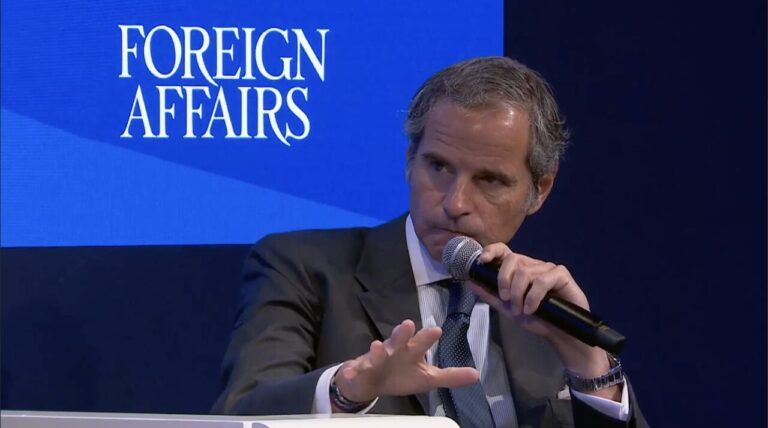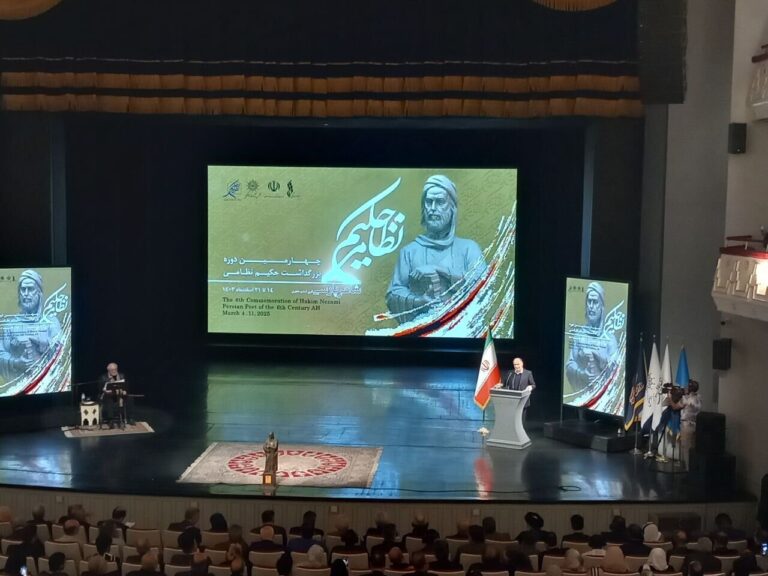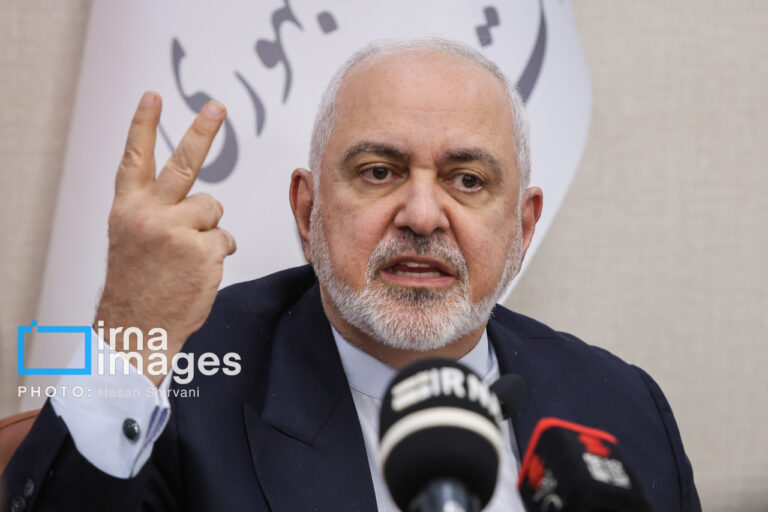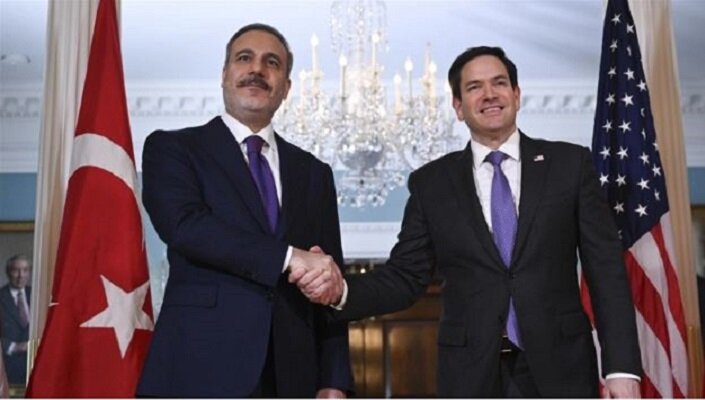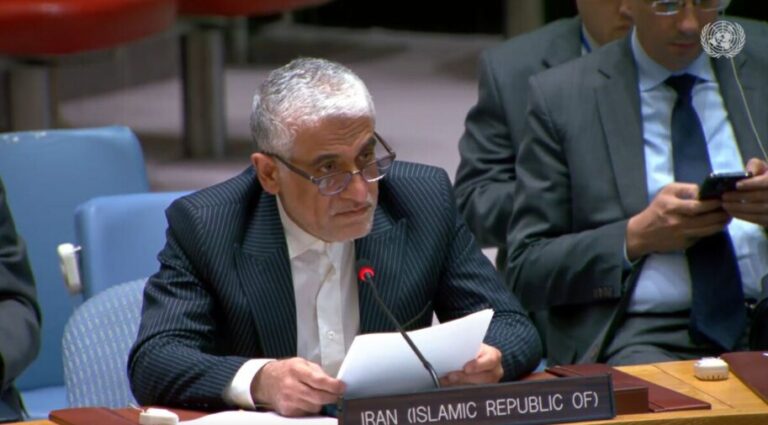Tehran Hardliners Split on Negotiations as US Intensifies Demands
The ongoing nuclear talks between Iran and the United States have sparked a range of reactions within Iran, with increasing skepticism from hardliners. The shifting dynamics and evolving sentiments are critical as the conversations unfold, highlighting the challenges both nations face in reaching a consensus.
As the initial support for negotiations shows signs of strain, some Iranian hardliners are voicing their concerns over what they perceive as a more aggressive stance from Washington. These voices reflect a growing unease regarding the unpredictability of President Donald Trump and the implications for Iran’s nuclear ambitions.
Key Concerns Raised by Hardliners:
- Unpredictability of U.S. Leadership: Some analysts warn that Trump’s erratic behavior could lead to a sudden change in the U.S. approach, jeopardizing the talks.
- Accusations of a Trap: Certain factions believe that the negotiations may be a trap set by the U.S. to further entrench sanctions.
- Insider Sabotage Claims: Allegations have emerged suggesting that individuals benefiting from continued sanctions may be undermining the talks.
Foad Izadi, a vocal conservative analyst, expressed his skepticism, stating, “The US government will block the lifting of sanctions on Iran’s oil sales and international banking,” during an interview with the Didban Iran news outlet. He emphasized that even if an agreement is reached, significant sanctions relief is unlikely due to entrenched hawks in Washington working against any progress.
Recent comments from Trump and prominent figures like Senator Ted Cruz and Representative Mike Lawler have intensified fears in Tehran, prompting hardliners like Izadi to voice their concerns more openly. He remarked, “The Americans may attack Iran even in the middle of talks or afterward if they believe the costs of doing so are minimal. They did the same to Libya.”
Understanding the Libya Connection:
The reference to Libya is significant. In 2003, Muammar Gaddafi, the former leader of Libya, dismantled his nuclear and missile programs to foster better relations with Western nations. However, many in Tehran view Gaddafi’s fate as a cautionary tale, believing he was betrayed when popular uprisings in 2010 escalated into armed conflict, ultimately leading to his death at the hands of rebels supported by NATO.
Elias Naderan, a former MP, commented on this dynamic, stating, “Some Iranian politicians believe that if we abandon our nuclear and missile development programs, the US will treat us as favorably as it treats Saudi Arabia. But in reality, they will treat us just as they treated Syria and Libya.” He further asserted that as long as Iran remains in conflict with Israel, a rapprochement with the United States will be impossible.
This perspective reflects a return to hardline rhetoric, suggesting that disarmament equates to vulnerability in the face of persistent hostility from the U.S. Such views may accelerate the decline of the theocracy in Iran.
Accusations of Sabotage:
The atmosphere of distrust is further compounded by accusations of sabotage within Iranian ranks. Some moderates and centrists have implicated former security chief Ali Shamkhani in leaking sensitive information about the ongoing negotiations. Critics argue that Shamkhani’s personal interests could be influencing his actions, especially since his son is reportedly involved in Iranian oil exports that would be affected if sanctions were lifted.
Earlier this week, a website linked to Shamkhani published a report containing details from the negotiations, including an assertion that the U.S. government has acknowledged Iran does not possess nuclear weapons. This disclosure was met with criticism, as it has allegedly increased pressure from U.S. neoconservatives on Trump and his Middle East envoy, Steve Witkoff, putting the negotiations at risk.
Implications of the Ongoing Dialogues:
As Tehran navigates its diplomatic engagement with Washington, the public statements from various factions reflect a fractured political elite struggling to define the nature of diplomacy. The resurfacing of concerns about parallels with Libya, warnings about potential conflict, and accusations of sabotage underscore a deeper anxiety regarding the outcome of the talks and the future of the Islamic Republic.
In conclusion, the path to a nuclear agreement between Iran and the United States is fraught with complexities. As hardliners voice their skepticism and fears of betrayal grow, the potential for a successful resolution remains uncertain. The stakes are high, with implications not only for Iran’s nuclear ambitions but also for the broader geopolitical landscape in the region.

